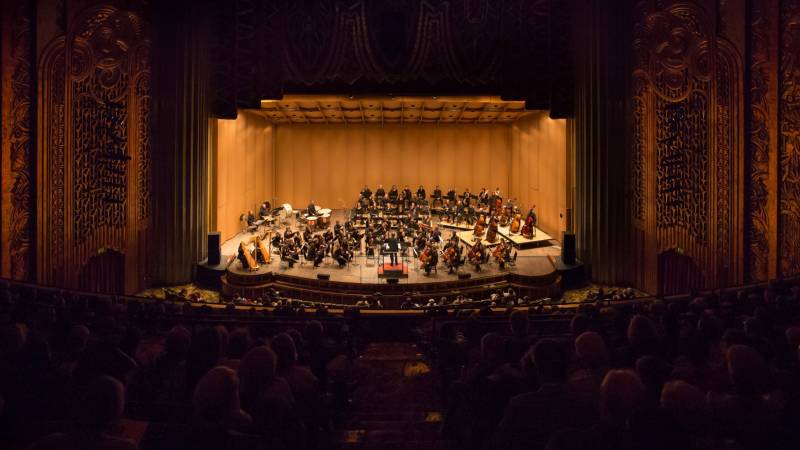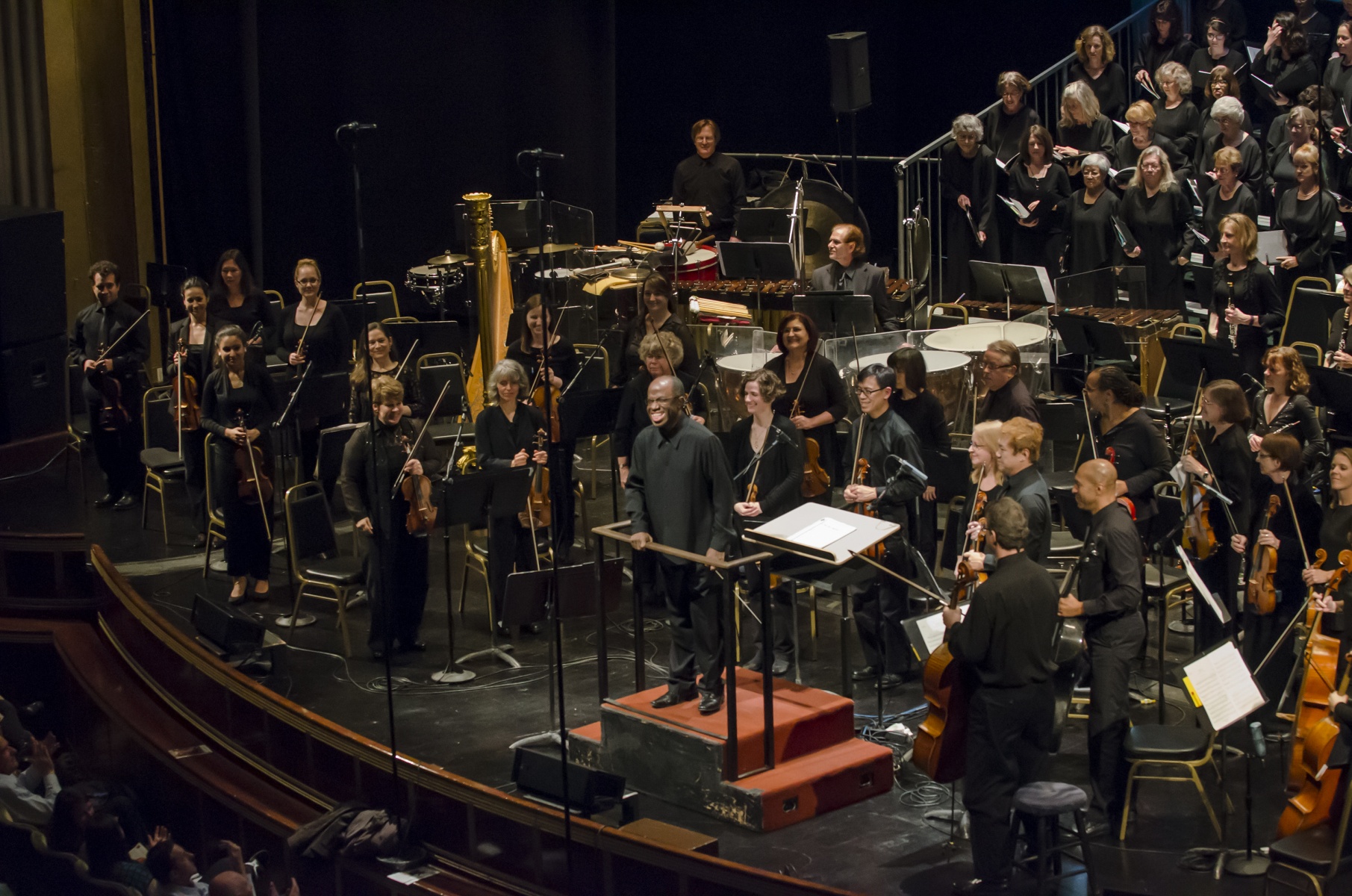Concert cancellations related to the novel coronavirus are leaving thousands of classical musicians in the Bay Area and Northern California with less or no work in the coming weeks, and potentially beyond, in a devastating financial blow to artists who say they already live hand-to-mouth.
Bans on mass gatherings in city-owned venues and a spate of cancellations at major and regional classical music presenters—including the San Francisco Symphony, Oakland Symphony, Cal Performances, Stanford Live and a growing list of theater and dance groups that employ musicians—have effectively ground the Bay Area performing arts season to a halt.
“When musicians don’t play, they don’t get paid,” said Kale Cumings, president of the San Francisco-based Musicians Union Local 6, which represents some 2,000 musicians with 50 symphony and chamber orchestras and other arts organizations. “It’s frankly terrifying—we’re at the front end of this, and the effect on our members already looks to be financially catastrophic.”
Cumings acknowledged the importance of social distancing in stopping the spread of coronavirus, also known as COVID-19, which has more than 100 confirmed cases in the Bay Area. “We wouldn’t ask musicians to play in unsafe conditions,” Cumings said. “Right now, though, musicians are more concerned about how they’ll afford groceries than contracting the virus.”
Event cancellations are affecting musicians in many fields, along with the stagehands and other workers whose unseen labor supports concerts, but classical players are uniquely vulnerable. While institutions such as the San Francisco Symphony offer artists full-time employment, most classical musicians in the region cobble livings from a mix of seasonal contracts and freelance pickup gigs with outfits throughout the Bay Area, a circuit known as the “freeway philharmonic.”



